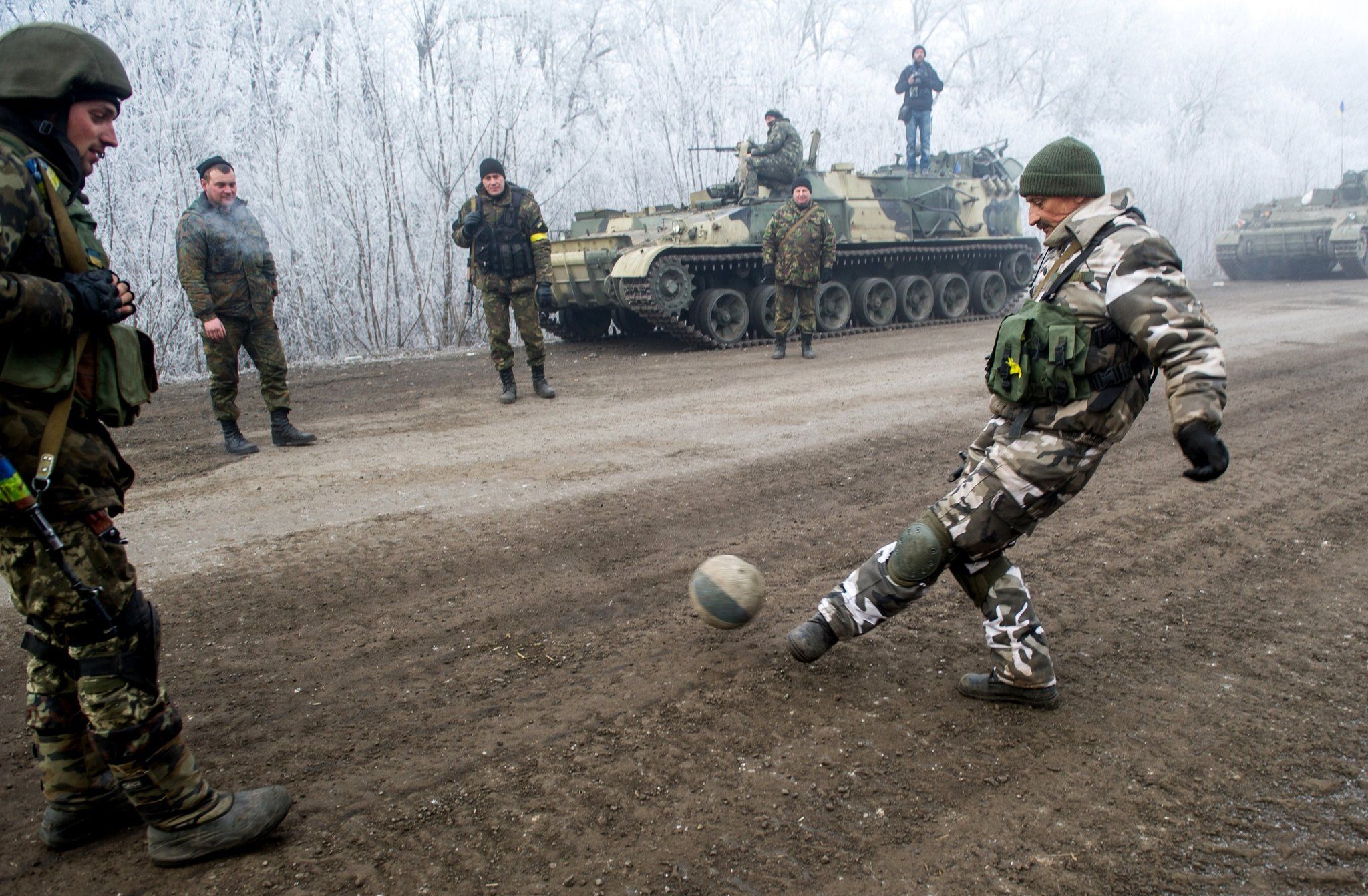
The Ukraine-Russia conflict, which has gripped the world for several years, traces its roots back to a complex interplay of historical, political, and social factors. While pinpointing a single starting point is challenging, the conflict can be understood through a series of key events and circumstances.
One significant factor is the historical context. Ukraine and Russia share deep historical, cultural, and linguistic ties, but their relationship has been marred by periods of tension and conflict. The region of Crimea, for example, has been a point of contention for centuries, with its strategic importance and diverse population fueling disputes.
Another critical aspect is the dissolution of the Soviet Union in 1991. The breakup of the USSR led to the emergence of independent states, including Ukraine and Russia. However, the process was not without complications, as borders were redrawn, and questions of identity and allegiance arose.
In the years following independence, Ukraine sought to establish closer ties with the West, including aspirations to join NATO and the European Union. This shift in alignment, away from its historical ties with Russia, was met with resistance from Moscow, which viewed these moves as a threat to its sphere of influence.
The conflict escalated in 2014 when Russia annexed Crimea, following a controversial referendum. This move was widely condemned by the international community, which viewed it as a violation of Ukraine's sovereignty. Subsequently, pro-Russian separatist movements emerged in eastern Ukraine, leading to a bloody conflict that continues to this day.
Russia's involvement in the conflict, including its support for separatist forces and the annexation of Crimea, has been a subject of intense scrutiny and debate. Moscow has denied direct involvement in the conflict, portraying its actions as a response to the will of the people in Crimea and eastern Ukraine.
The Ukraine-Russia conflict is a complex and multifaceted issue with deep historical roots and contemporary geopolitical implications. While the question of who started the conflict may not have a simple answer, understanding the historical context and the series of events that have unfolded is essential to grasping the complexities of this ongoing crisis.